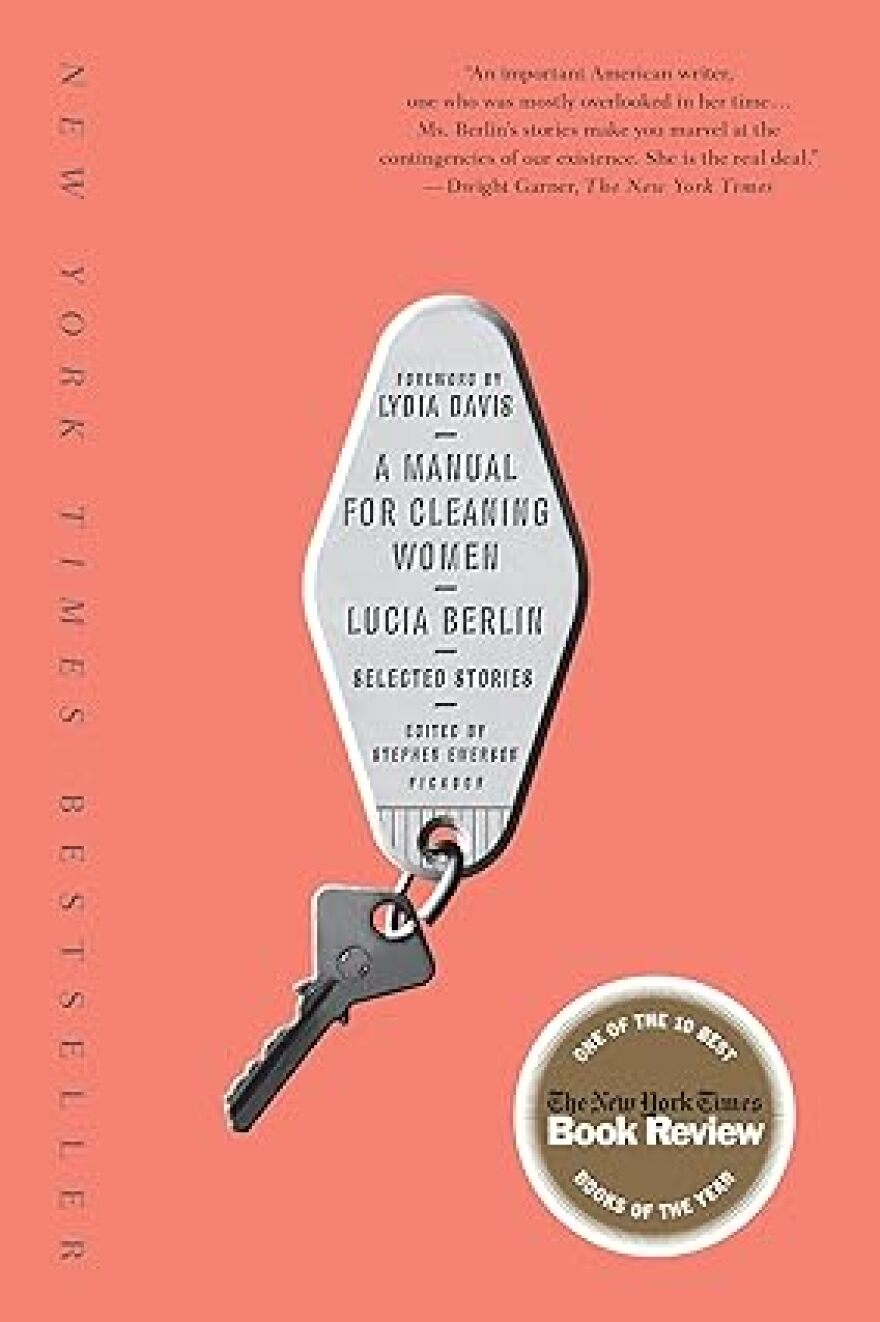Reading the stories of Lucia Berlin can be an intense experience. The pacing of each moves with suddenness but then also lingers for brief moments of beauty and light juxtaposed with something unseemly and sad.
Characters want connection and love—and sometimes settle for something else that can lead to bad decisions—broken hearts, addiction.
Generally acknowledged are the autobiographical details in Berlin’s stories—the alcoholism and addiction, the humor and the heartbreak.

In the two stories we cover in this episode—"Panteón de Dolores" and "Emergency Room Notebook, 1977"—there’s family dysfunction and tragedy, too, set against the backdrop of another country and its culture and rituals or a hospital—another place with its protocols and routines. Except within all that can be expected in these settings there is something totally new to make us pay attention to situations and people to whom we might never have given a second thought.
Lydia Davis has long championed the work of Lucia Berlin, noting her awe of the natural world, the suddenness in the prose, her pacing, dialogue, characterization, a romanticism that is cut off by realism.
There are brutal elements in these stories to be sure. Berlin is unflinching. She is also compassionate, depicting again and again the beauty that can coexist with human frailty, the tenderness that twins with toughness, and the fullness of life that can be measured in sudden, small moments.




